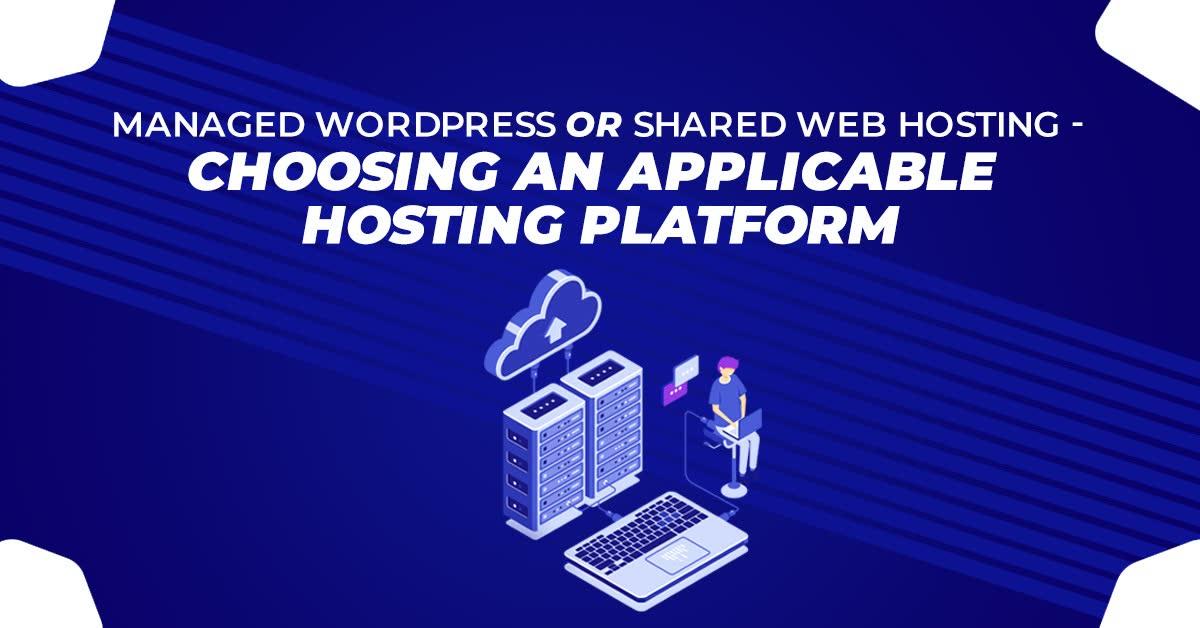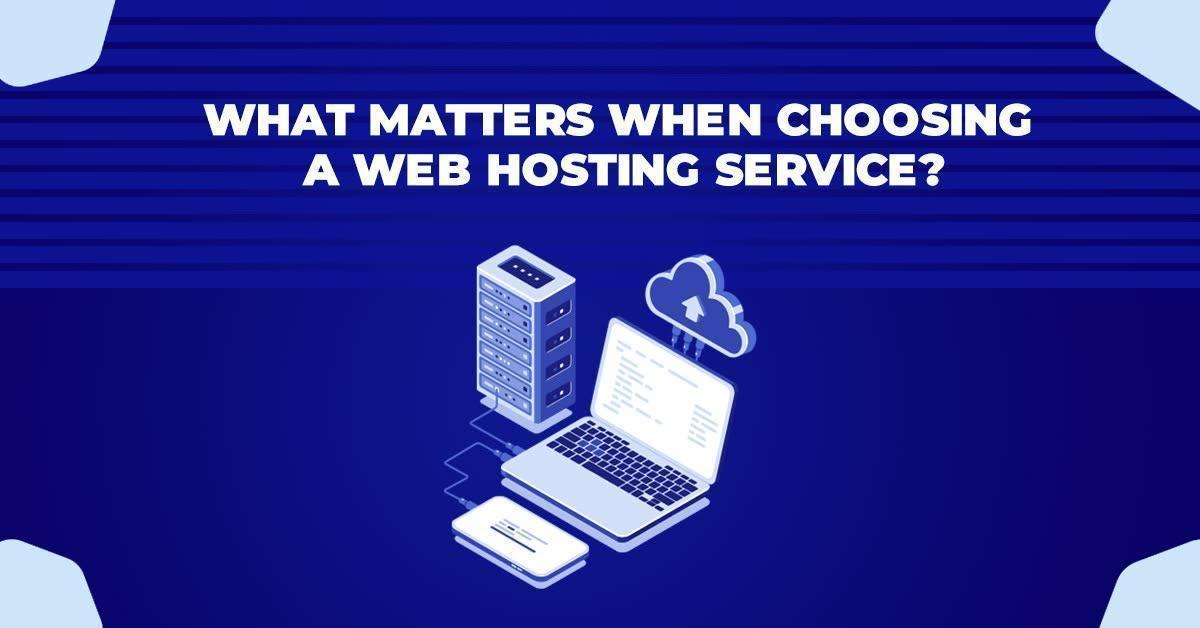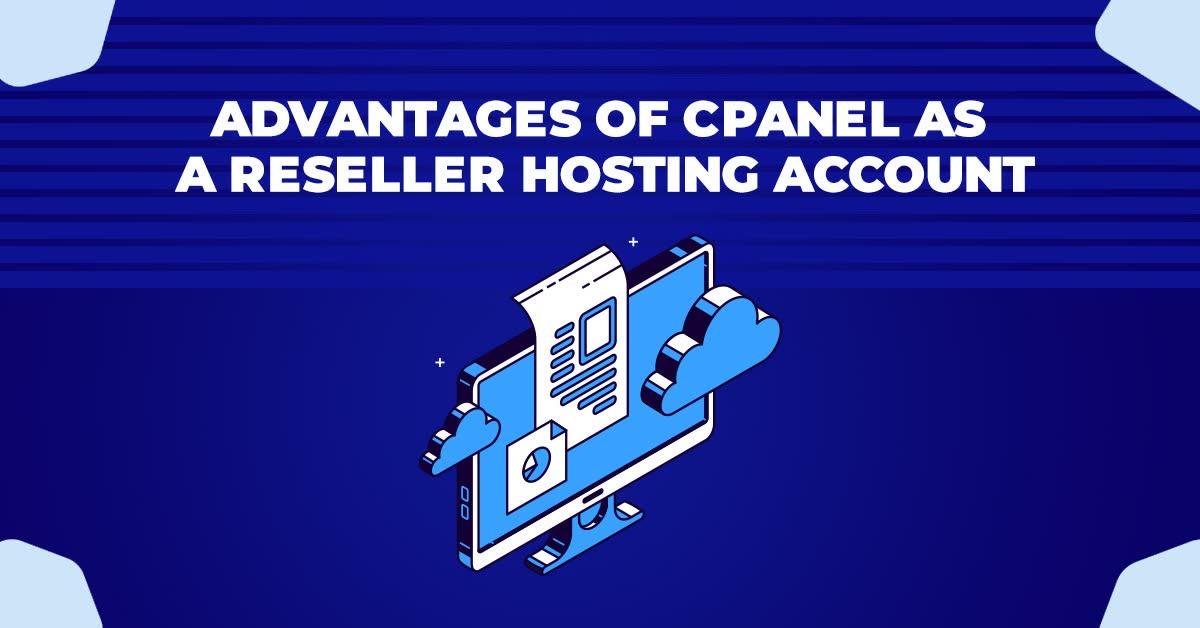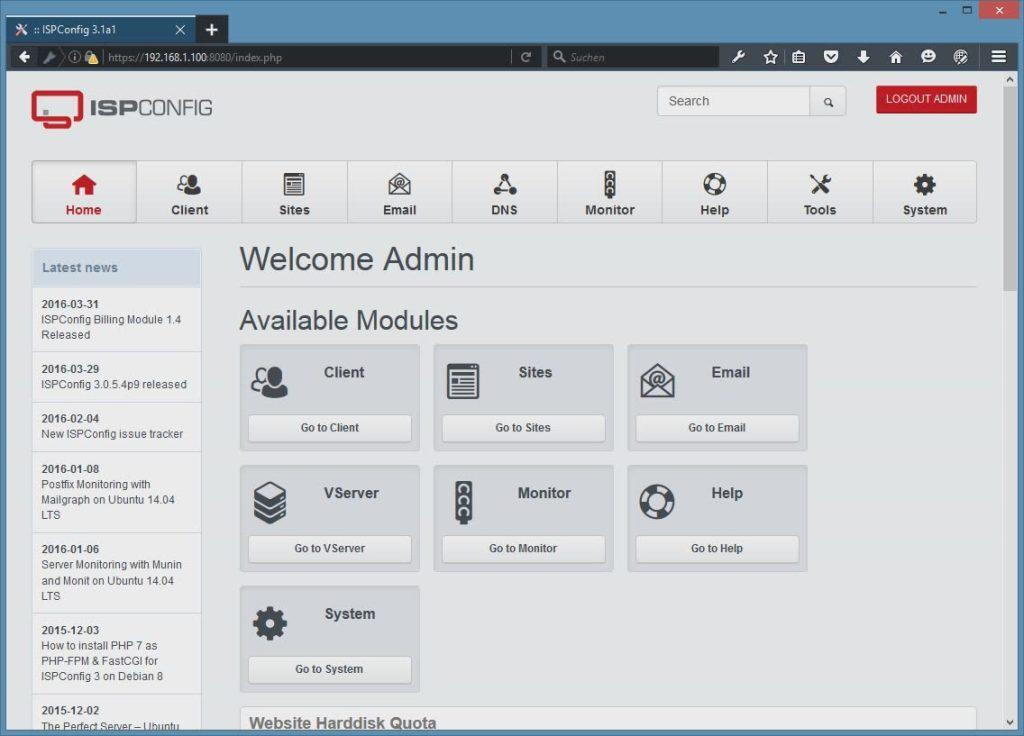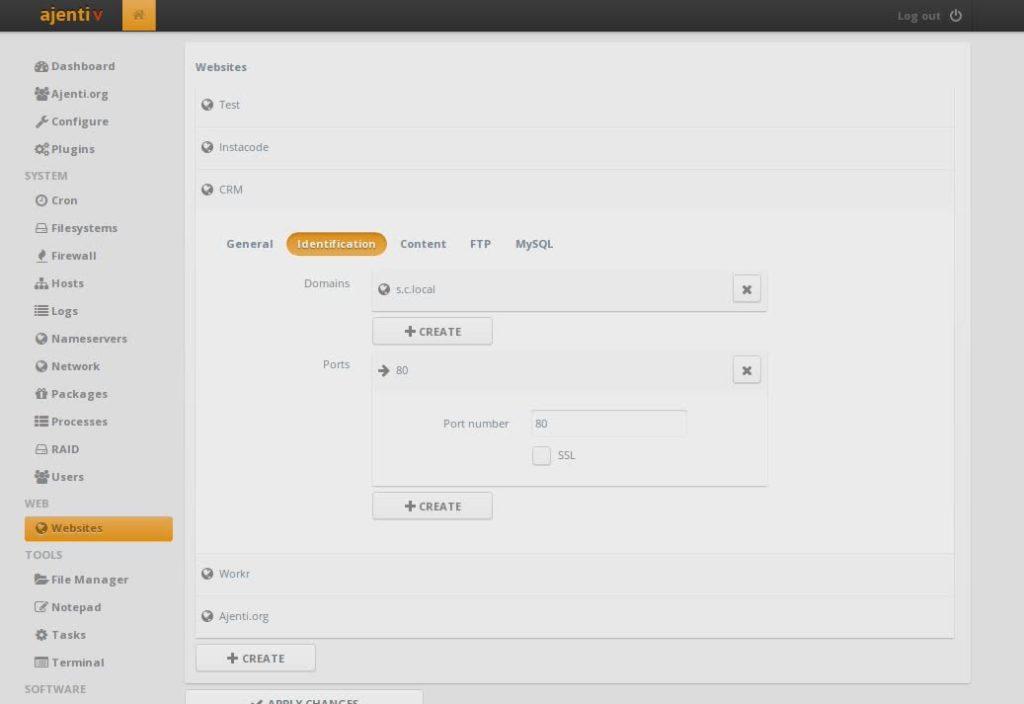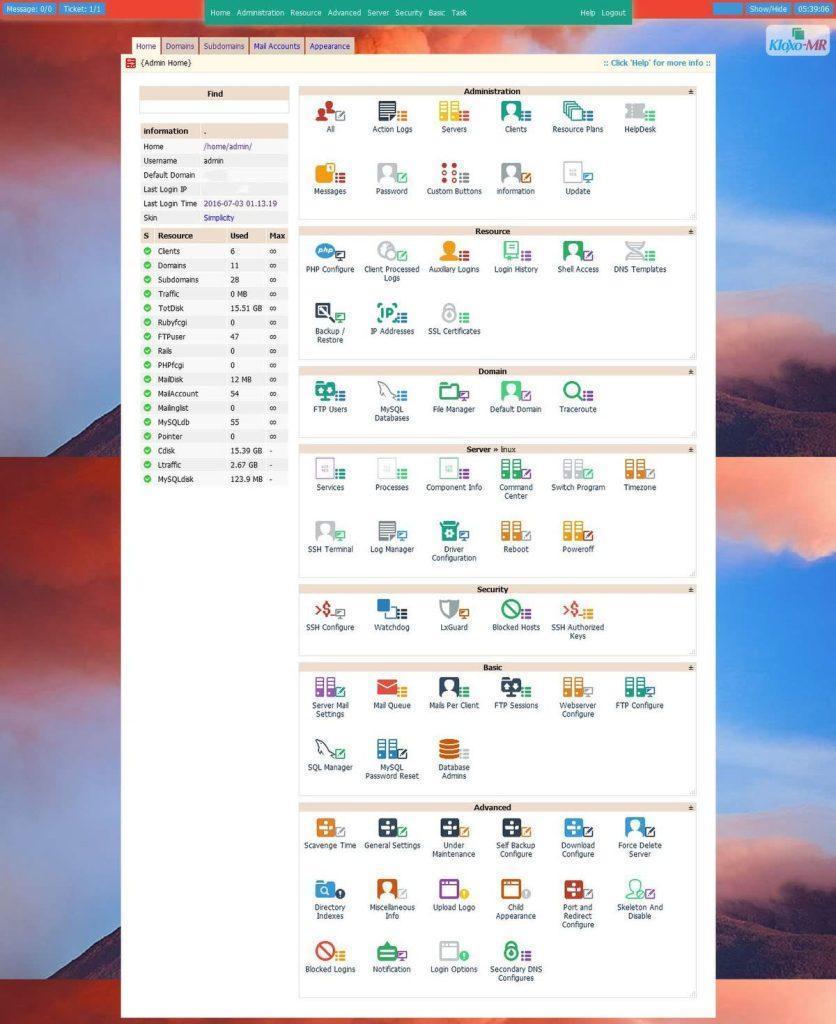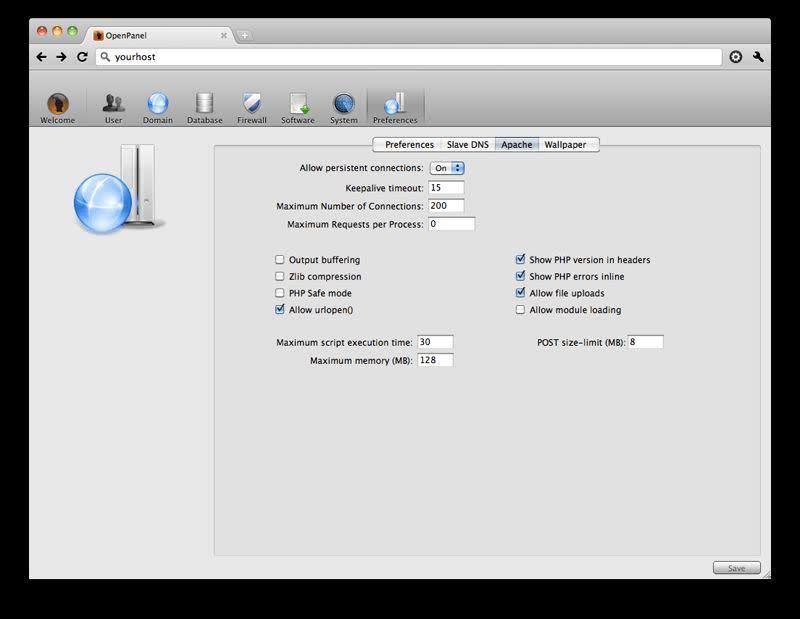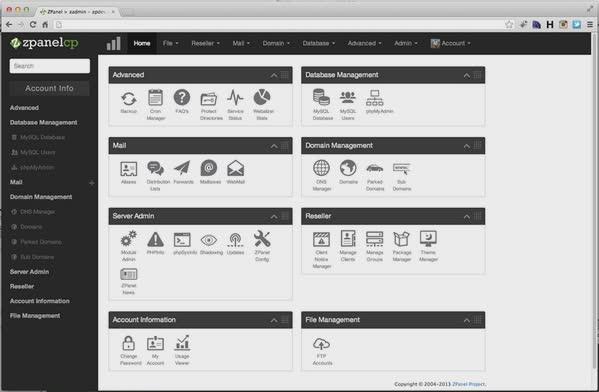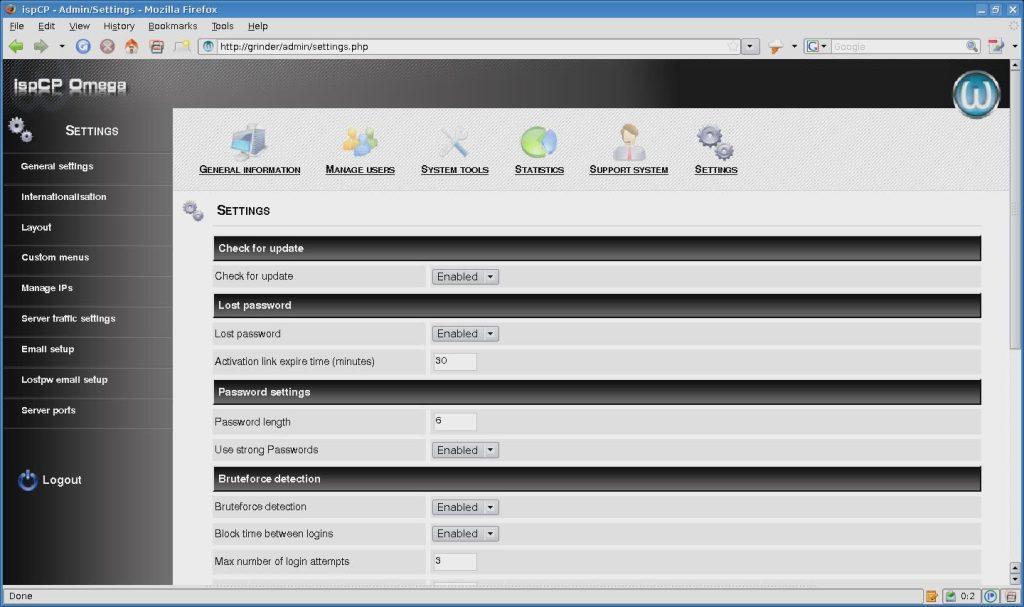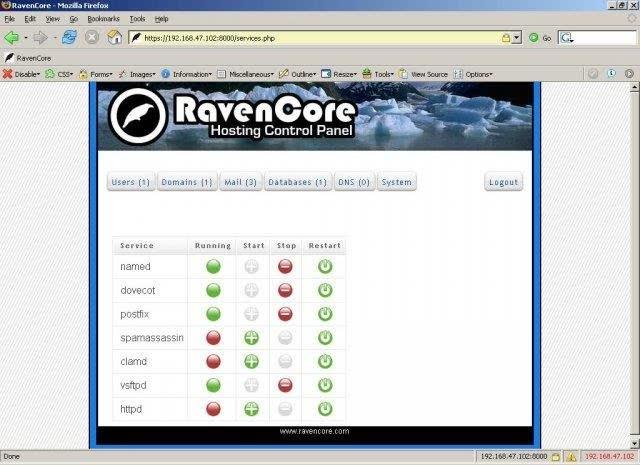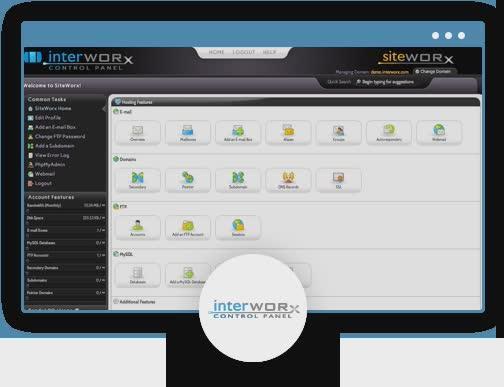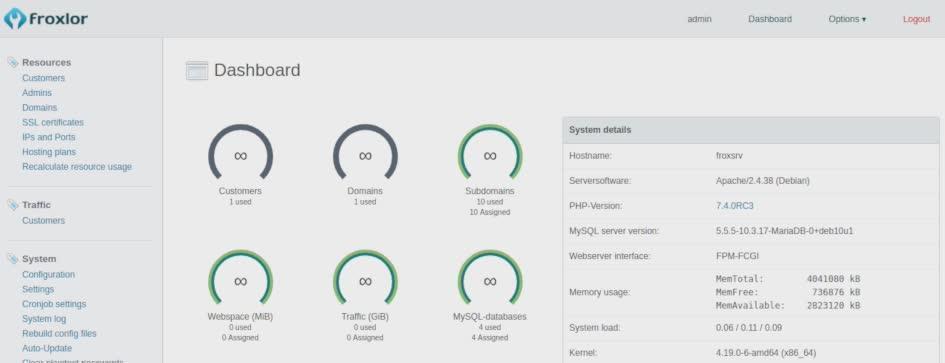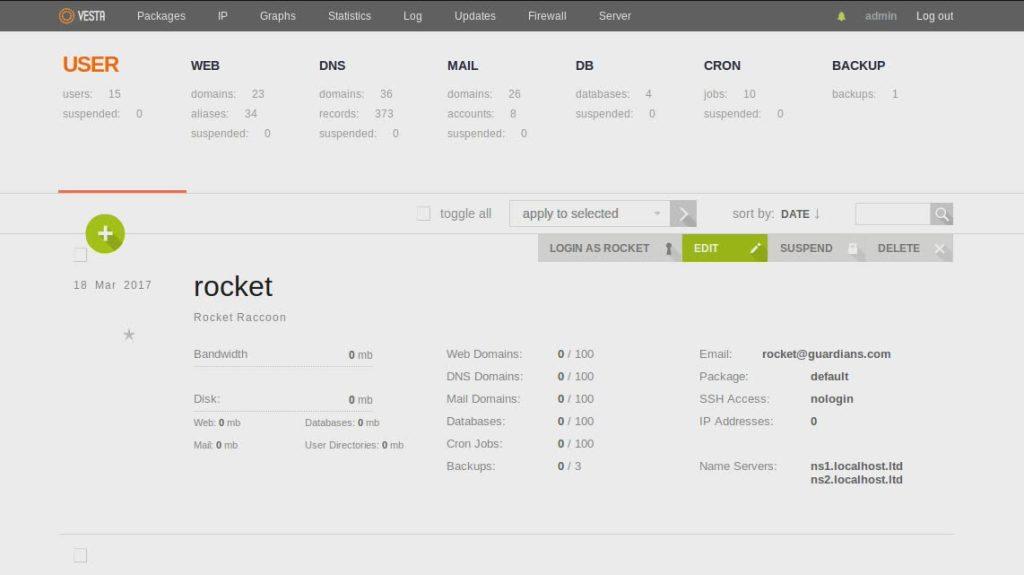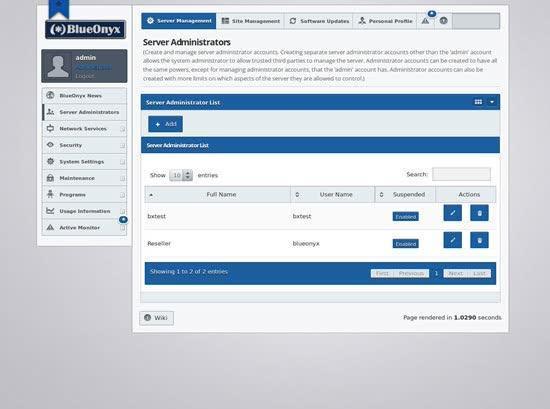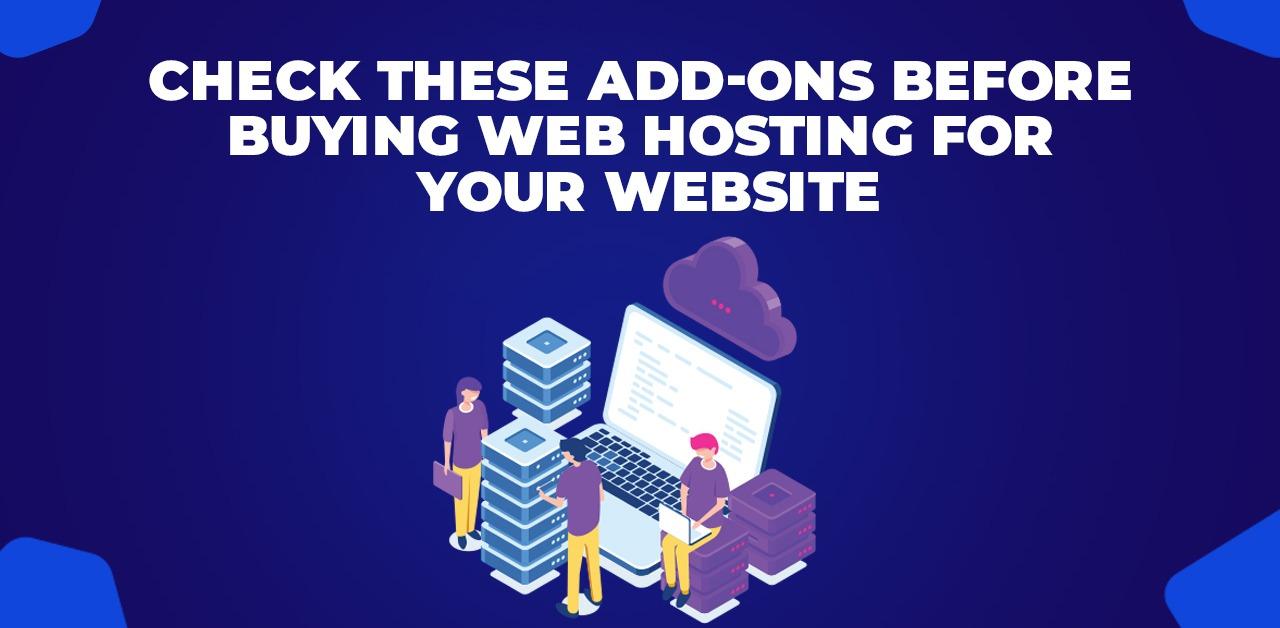Tips For Choosing A Good Web Hosting Provider
Web hosting refers to the service that allows individuals or organizations to post a website or web page onto the Internet. This service provides a platform for a website to be accessed by the public and is a crucial component of having a website. In simple terms, web hosting is like having a physical space where you can store all the files and data that make up your website.
A web hosting provider provides a server, which acts as a storage device for your website files. Every time someone visits your website, the files and data are retrieved from the server and displayed on their computer screen. There are various types of web hosting services, each with its own set of features and benefits. Some of the popular web hosting services include:
- Shared Hosting: This is the most common type of web hosting where multiple websites are hosted on a single server. It is the most cost-effective option and is best suited for small websites and personal blogs.
- Dedicated Hosting: In this type of hosting, an entire server is dedicated to hosting a single website. This type of hosting is ideal for large websites with high traffic.
- Virtual Private Server (VPS) Hosting: This is a hybrid of shared and dedicated hosting. The server is divided into virtual compartments and each compartment acts as an independent server.
- Cloud Hosting: This type of hosting uses multiple servers to host a website, providing scalability and reliability.
In addition to these types of hosting, web hosting companies also offer various features such as email hosting, database hosting, and backups.
Web Hosting Tips For Choosing A Web Hosting Service
Here are the web hosting tips for choosing a good web hosting service:
- Determine your website’s needs and choose the right hosting plan.
- Consider the reliability and speed of the hosting server.
- Look for a hosting provider with good customer support.
- Choose a hosting provider with a good reputation and strong security measures.
- Read reviews and compare prices before making a final decision.
- Consider the scalability of the hosting service for future growth
- Make sure the hosting provider offers backups and data recovery options.
- Check if the hosting provider offers a control panel for easy website management.
- Consider the hosting provider’s policy on resource usage and limitations.
- Look for a hosting provider that offers an uptime guarantee.
Remember to choose a web hosting service that meets your website’s specific needs and offers good value for money. Also, keep in mind the importance of customer support, security, and uptime for the success and reliability of your website.
Things To Consider While Choosing A Web hosting Provider
- Consider Your Website Needs: Before choosing a web hosting service, you need to consider the specific needs of your website, including the amount of storage, bandwidth, and security features required.
- Research the Hosting Provider: Take the time to research the web hosting company, its reputation, and the services it provides. Read reviews, compare prices and features, and make sure the company has a good customer support system.
- Choose the Right Plan: Make sure you choose a web hosting plan that fits your budget and meets your website’s requirements. Don’t choose a plan that is too limited or too expensive.
- Reliability and Uptime: Ensure that the web hosting provider offers a high level of reliability and uptime. This means your website should be available to visitors 99.9% of the time.
- Scalability: Choose a web hosting provider that offers scalability, so you can upgrade your plan as your website grows.
- Backups: Ensure that the web hosting company provides regular backups of your website files, in case of data loss.
- Security: Choose a web hosting provider that offers a high level of security, such as SSL certificates, firewalls, and malware protection.
- Customer Support: Make sure the web hosting provider offers 24/7 customer support and a knowledge base to help you with any issues.
- E-Commerce Features: If you plan on selling products or services online, choose a web hosting provider that offers e-commerce features, such as shopping carts and payment gateways.
- Email Hosting: Choose a web hosting provider that offers email hosting, so you can create custom email addresses for your domain.
- Database Hosting: If you plan on using databases for your website, make sure the web hosting provider offers database hosting and supports the type of database you need.
- Control Panel: Choose a web hosting provider that offers a user-friendly control panel, making it easy to manage your website and a hosting account.
- One-Click Installations: Look for a web hosting provider that offers one-click installations for popular content management systems, such as WordPress.
- Easy to Use: Choose a web hosting provider that is easy to use and navigate, so you can easily manage your website.
- Price: Consider the cost of web hosting, but don’t sacrifice quality for a low price. Look for a provider that offers a good balance of cost and features.
- Bandwidth and Storage: Make sure the web hosting plan you choose offers enough bandwidth and storage for your website, especially if you plan on using large media files.
- Content Delivery Network (CDN): Choose a web hosting provider that offers a CDN, which helps speed up the delivery of your website’s content to visitors.
- Monitoring: Look for a web hosting provider that offers website monitoring, so you can keep track of your website’s performance.
- Domain Management: Make sure the web hosting provider offers domain management, so you can easily manage your domain name and DNS settings.
- Data Centers: Choose a web hosting provider that has multiple data centers located in different geographic regions, so you can provide a fast and reliable website to visitors from all over the world.
Conclusion
Overall, web hosting is an essential component of having a website and it is important to choose the right web hosting service that meets your specific needs. The above-mentioned web hosting tips and things to consider will surely assist you in choosing a good WordPress hosting or a web hosting provider efficiently.







































